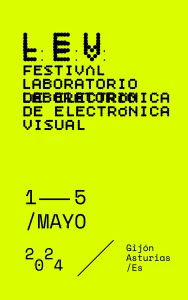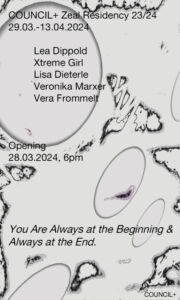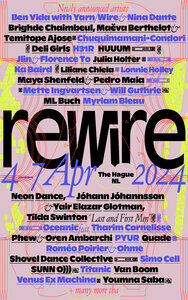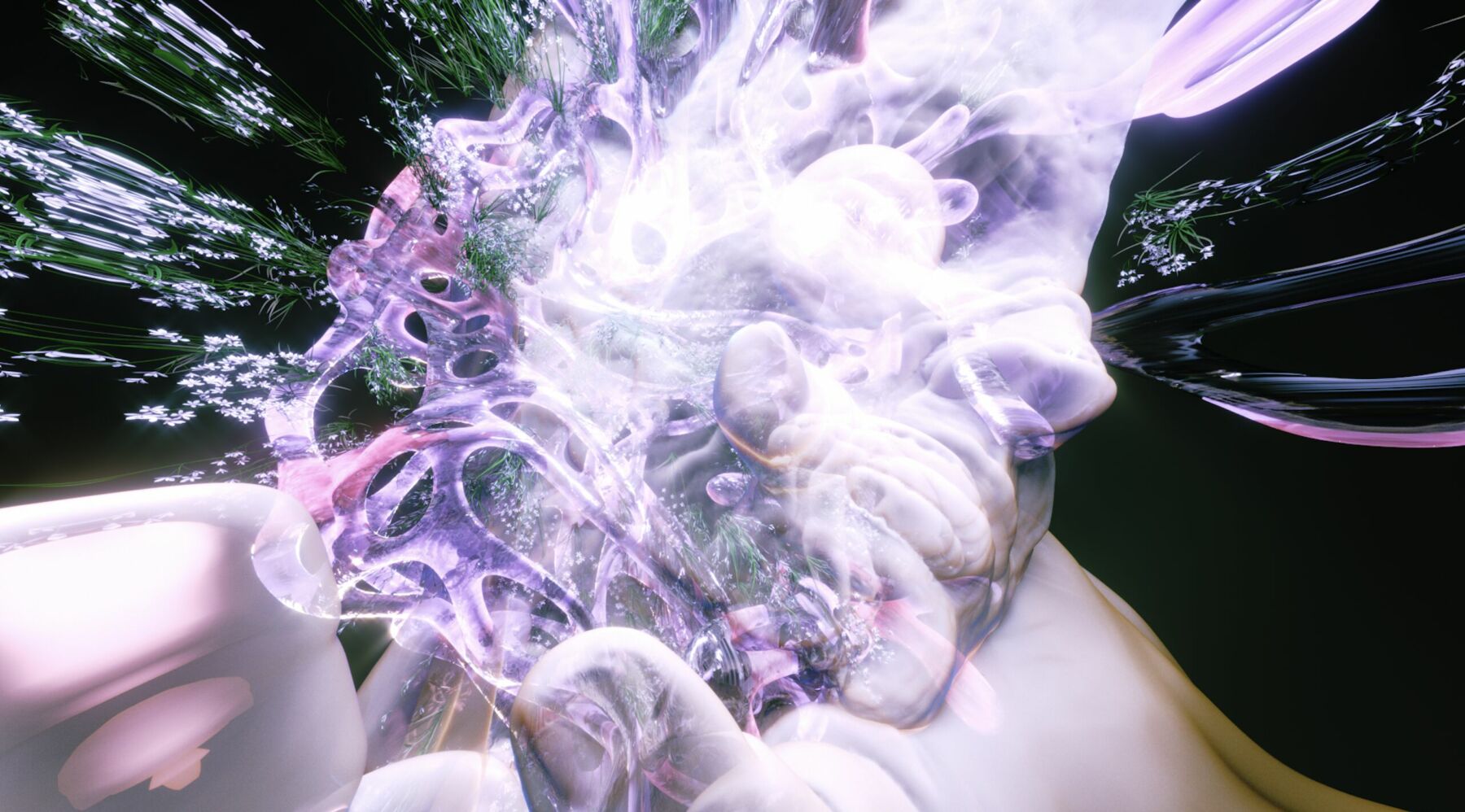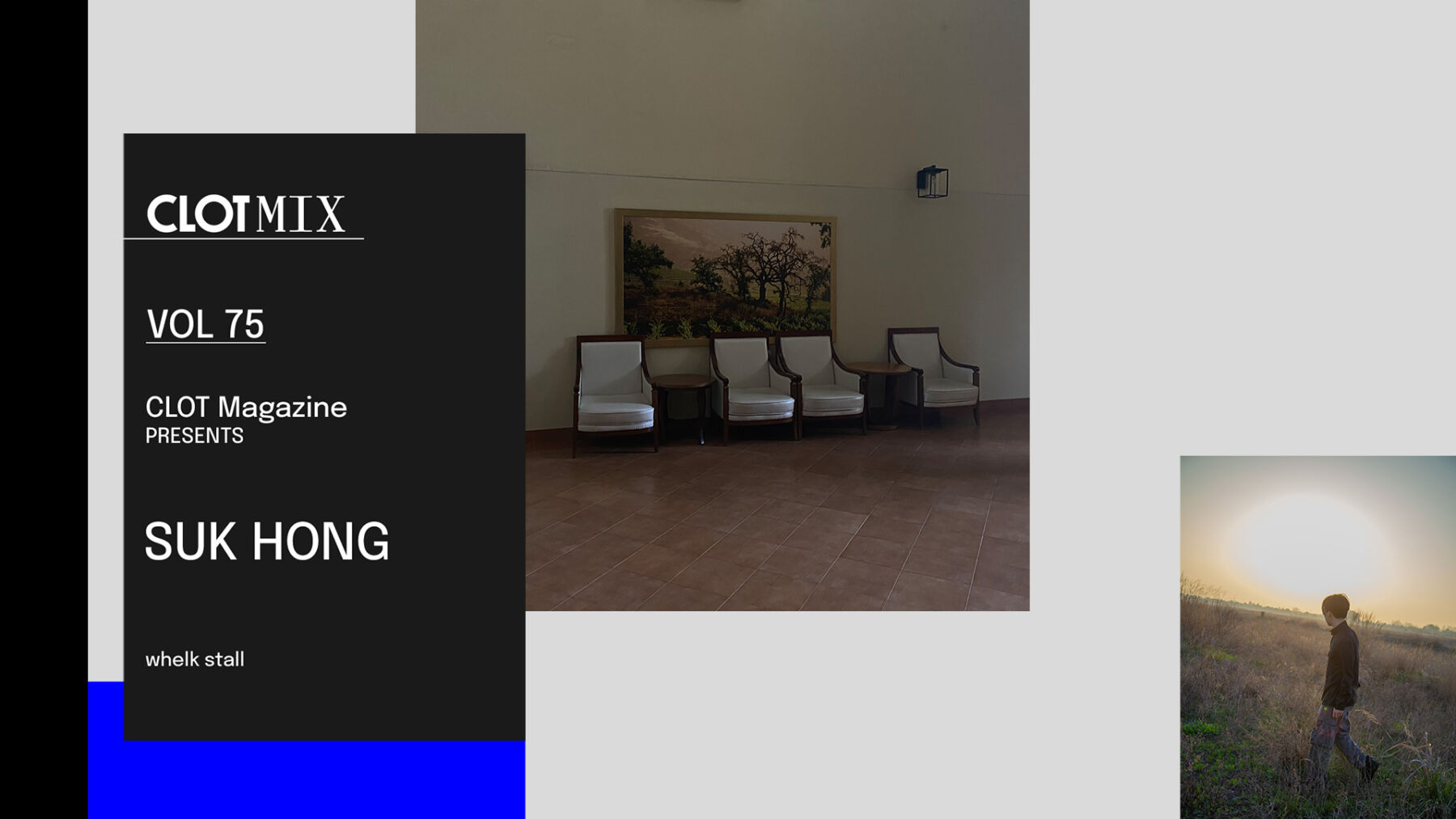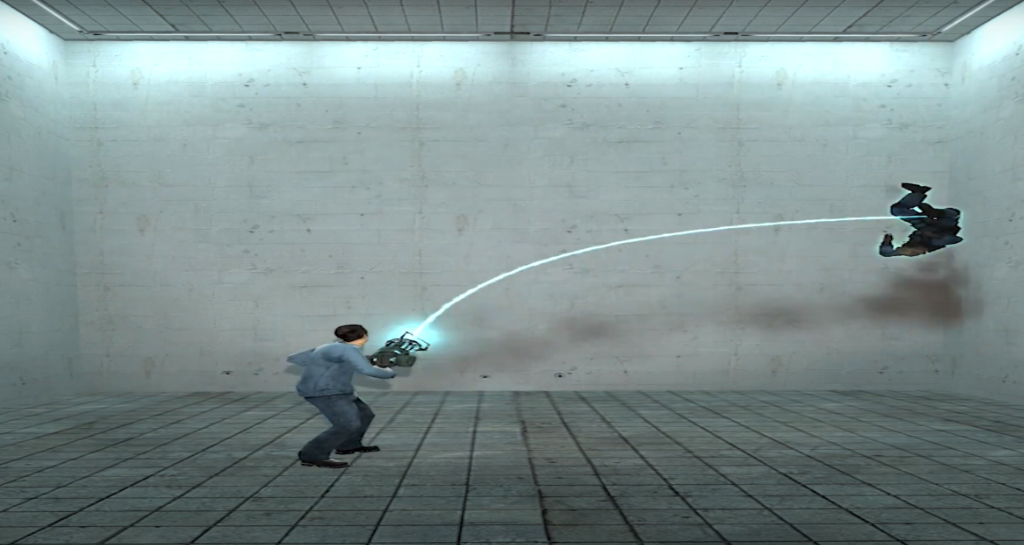Text by Allan Gardner

Jaeho Hwang is a South Korean visual artist and composer currently living and working in London. With a background in animation and moving image, Hwang’s work is inspired by the experimentation present in London’s underground club culture, encouraging a free-form approach to producing audiovisual works and cross-pollination of genre.
Hwang’s new EP, titled Non-self 비자아, explores the Buddhist concept of ‘impermanent selfhood’ through the combination of the darker, more industrial club music coming out of London with the use (and sampling) of traditional Korean instruments. Impermanent selfhood (or anatta) refers to the idea that the self (physical and non-physical) is transient and that there is no permanent, unchanging soul within a physical being. The audio takes influence from industrial and no wave through the lens of contemporary club music, incorporating instruments such as the kayagum and Piri bamboo flute, samples, and manipulated into new forms.
Through both audio and visual work, Jaeho Hwang explores the duality of irl and digital existence. The first single, Non-self 비자아, features 3D scanned models and rendered motifs of laptops, USB sticks and environments glitching and pulsating in time with the music. Hwangs himself describes the visual component as a metaphor for giving shells over souls in reality.
The fractured nature of audio and video speaks to a desire to break down the components that comprise experience, drawing parallels between physical and digital environments through the breakdown of perceptive language. Particularly in Non-self, the sampling of traditional instruments jars with the minimal beat to produce an uncompromising juxtaposition. It sits on top of the track, making its presence clear, imitating the role of a hook displaced.
Out oncassette and pill-shaped USB stick, described as a Nod to the transformative, escapist properties of the digital realm Non-self 비자아 comes as an exploration of dual existence, space and identities. Hwang allows formless influence to enter and exit his compositions almost at will, mirroring the transient nature of digital information, displacing sonic hierarchies. A particular example of this is Sad Relationship, sampling the 80s Korean pop song of the same name. The audio is fragmented, and digitally warped whilst retaining the original melody, dislocated from its context.
Released through Chinabot, a platform and collective focused on changing the dialogue surrounding Asian music, Non-self 비자아 comes as part of a group of artists collaborating on a new way to collect and promote exciting Asian music. Chinabot is an online community and a virtual home for contemporary Asian experimental music and characterises itself as a place for adventurous listening.

You are a visual artist and musician. For our audience that is not familiar with your work, could you tell us a bit more about your background and influences?
I studied animation and graphics moving image at the University. And I work as a motion graphics designer for a living. I have been into audio-visual art and performance for a long time and fell in love with the underground club music scene in London. Basically, it led me to make my own music and DJing.
Non-self 비자아’ is your first EP. It explores the concept of “identity in the digital age as refracted through the Buddhist concept of anatta.” Could you expand more on this for those that are not familiar with the concept of anatta and you relate to it with your practice?
I came across to the Buddhist concept of impermanence, which means that all physical and mental events are transient, evanescent, and inconstant. It is one of the fundamental Buddhism philosophies and I found it fascinating. And then, I learned about this concept of Non-self / Anatta.
The term “non-self(anatta) means that living beings have no unchanging, permanent self, soul or essence. How I understand the concept of Non-self lets me perceive myself without self-judgment and encourages me not to be stuck in the past but to change my attitude towards myself positively.
In the chaos of the digital age, this concept could be helpful and even practical in some way for those who are confused with their identity and depressed by the confusion. we don’t need to be tied up with a general idea of who you are supposed to be by societies or people around you. As long as you are truthful to yourself and there is no harm to others, you can be changed over time while you are getting older or experiencing events.
Could you tell us more details about it and how you incepted the project?
I literally started to play with sound for pure fun in Ableton Live, and then I started to use the sound of old Korean instruments and experiment with it. Because old Korean music is something I’m familiar with, but at the same time, I am not really. It’s a very fundamental part of Korean culture but it is not something people in Korea would listen to it daily now like K-pop, for example.
Playing with all the different sounds was so much fun but also very expressive and liberal things to do. And then I got more serious about it, and I started to think that making music could be the best way to express my indescribable feelings and thoughts. By doing so. my music reflects myself who has been changing continuously through my experience in terms of how I perceive things and what I do with my life since I left Korea.
The music video for the first single Non-self uses 3D mapping to explore identity in the digital age; What are, in your opinion, the challenges of redefining gender/identity we are facing nowadays and how digital interfaces and altered realities can play a role in it?
Sadly we are still facing many challenges, specifically regarding gender equality, sexual and ethnic/racial identities. On International Women’s Day, I was shocked to read an article on NBC News saying that the global pay gap between men and women will take 202 years to close. And I know this is just one example, and there are more and more daily. And you might feel less worried about sexual and ethnic/racial identities if you live in very international and multicultural cities like London, from my experience. But the truth is that people are still so conservative about it in many other cities and countries in the world.
The reason that I used 3D mapping in my video is a metaphor for prejudice and the stereotype of being of different gender and identity. You don’t have to be in one status all the time. It’s absolutely ok to be changed if you want. All the concept of being a certain gender and identity in our society is just like a shell wrapping around you. You need to be honest with yourself and be happy. I’m not really sure how much digital interfaces and altered realities will help us to challenge these issues, but I believe they could be good tools depending on how we use it. Most of all, we all need to learn about acceptance and not stay in one old way of perceiving or thinking.



